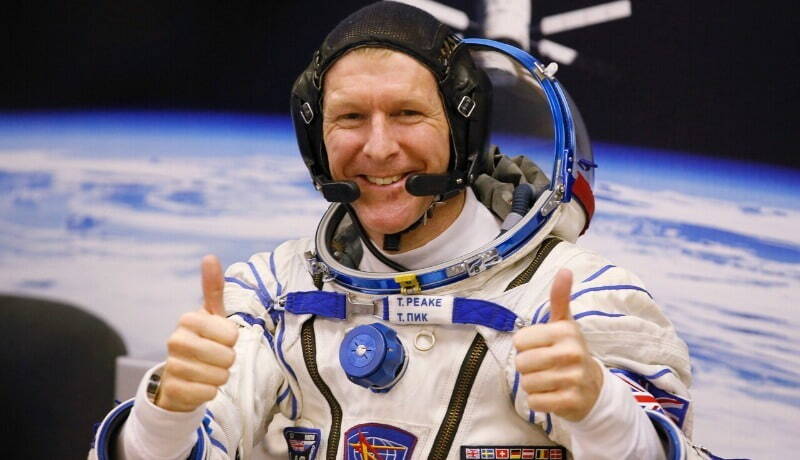Morson Meets... British astronaut Tim Peake on the future of space travel
Posted on August 2022

NASA is poised to kick-start the future of human lunar exploration with the launch of a new test flight as part of their Artemis program. The flight will fly around the moon in a distant orbit for a couple weeks, before heading back for a splashdown in the Pacific. No crew will be aboard, but the flight signals the first step in building towards a crewed flight to the moon as early as 2025, the first since 1972.
But what does it take to be an astronaut?
In September 2019, Morson attended a seminar hosted by astronaut Tim Peake, the first British astronaut to visit the International Space Station. He talked about his time in the armed forces, his training and how he overcame his own self-doubt. We also asked him some questions surrounding STEM and the future of space travel.
In December 2015, Tim Peake of the European Space Agency made history when he became the first British astronaut to visit the International Space Station (ISS).
MORSON: You’ve done a lot of work promoting STEM in schools, helping to inspire the next generation of talent. What would an 11-year-old looking into their future career have to look forward to in terms of space travel?
MORSON: Did you ever have a significant setback when you thought you wouldn’t make it into space and you thought you just weren’t cut out for it?
Search our latest opportunities here, and read the full interview with Tim here
Latest blogs
- Morson Canada wins Best of Staffing Client and Talent Awards
- Posted By James Kenealey on 2nd March 2023
- Join us in supporting the Canadian Association for Girls in Science
- Posted By James Kenealey on 1st March 2023
- Morson Canada plants a tree for every permanent placement in partnership with Treeapp
- Posted By James Kenealey on 18th January 2023
